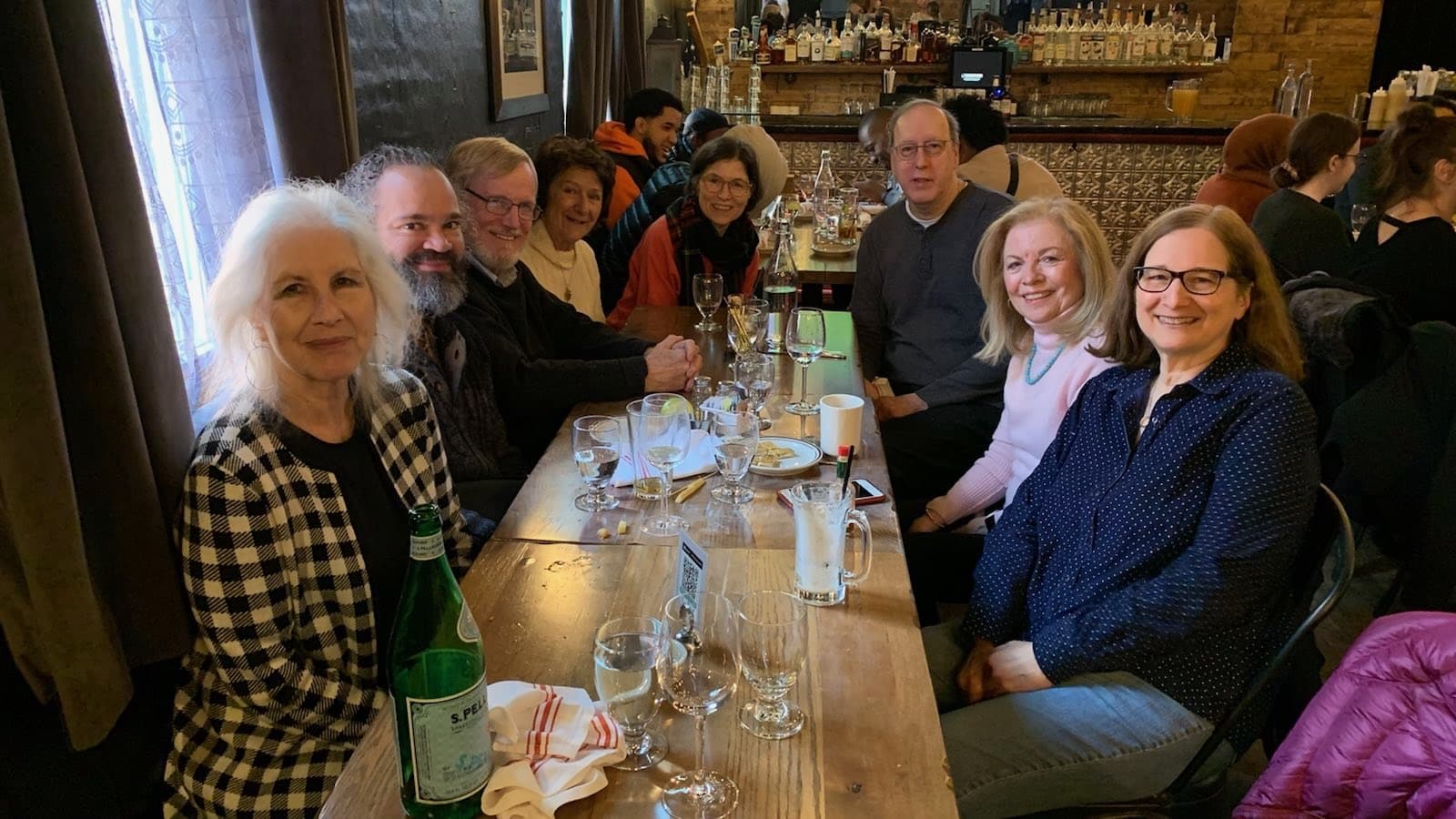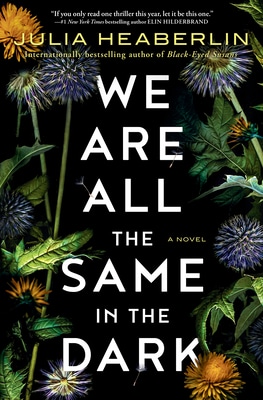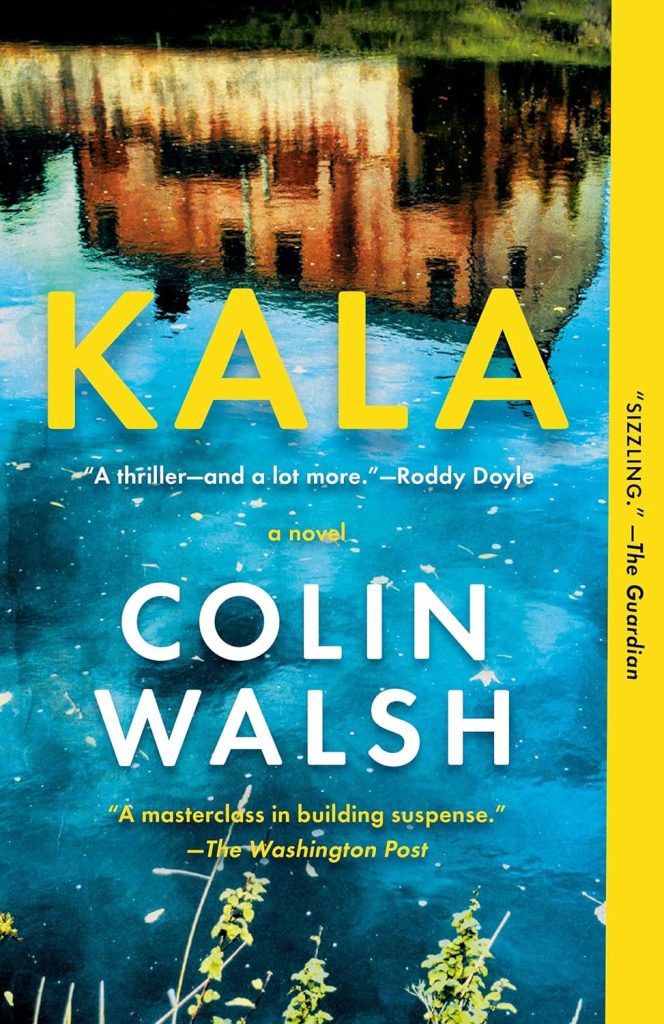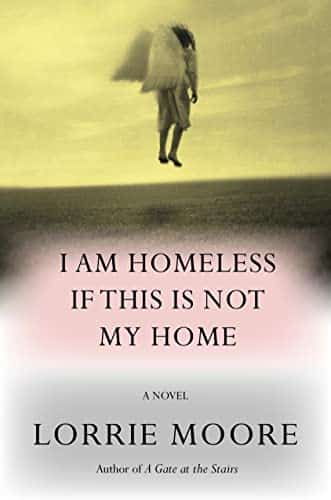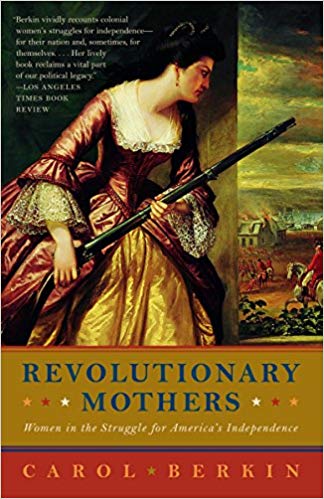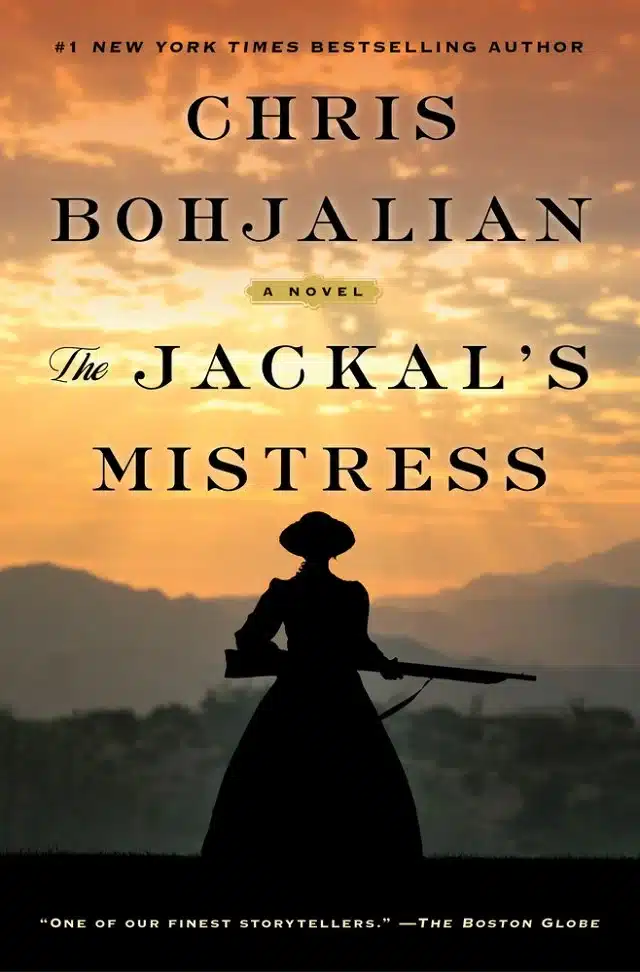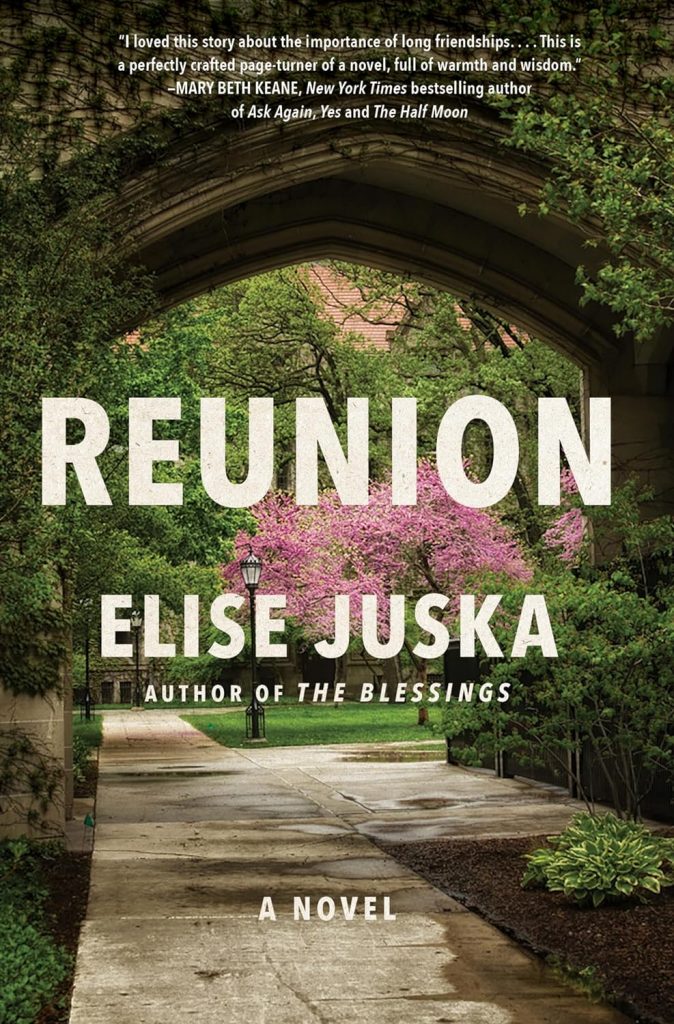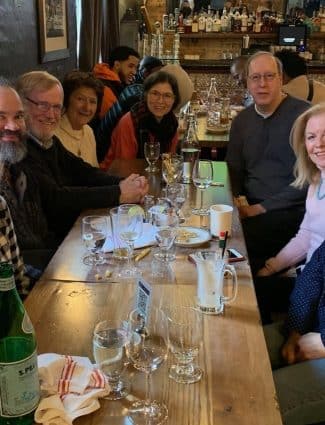
Busy 23-hour Day
Estimated reading time: 0 minutes, 45 seconds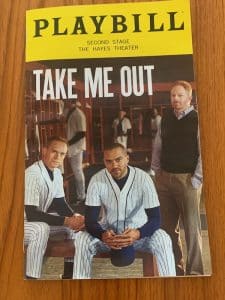 In March, daylight savings time gives us a 23-hour day. Usually, a short Sunday can get consumed with household chores.
In March, daylight savings time gives us a 23-hour day. Usually, a short Sunday can get consumed with household chores.
This year, I had brunch in the morning with seven widows who have become friends and critical parts of my support group.
In the evening, I went to see Take Me Out on Broadway. On the surface, it is about baseball, but it is about long-term prejudices and the meaning of traditions, loyalty, and the price of victory.
Two years after the COVID lockdowns, it was good to reengage in the world.
Jan was with me as she always is.
When you buy a book or product using a link on this page, I receive a commission. Thank you for supporting Sharing Jan’s Love blog.



